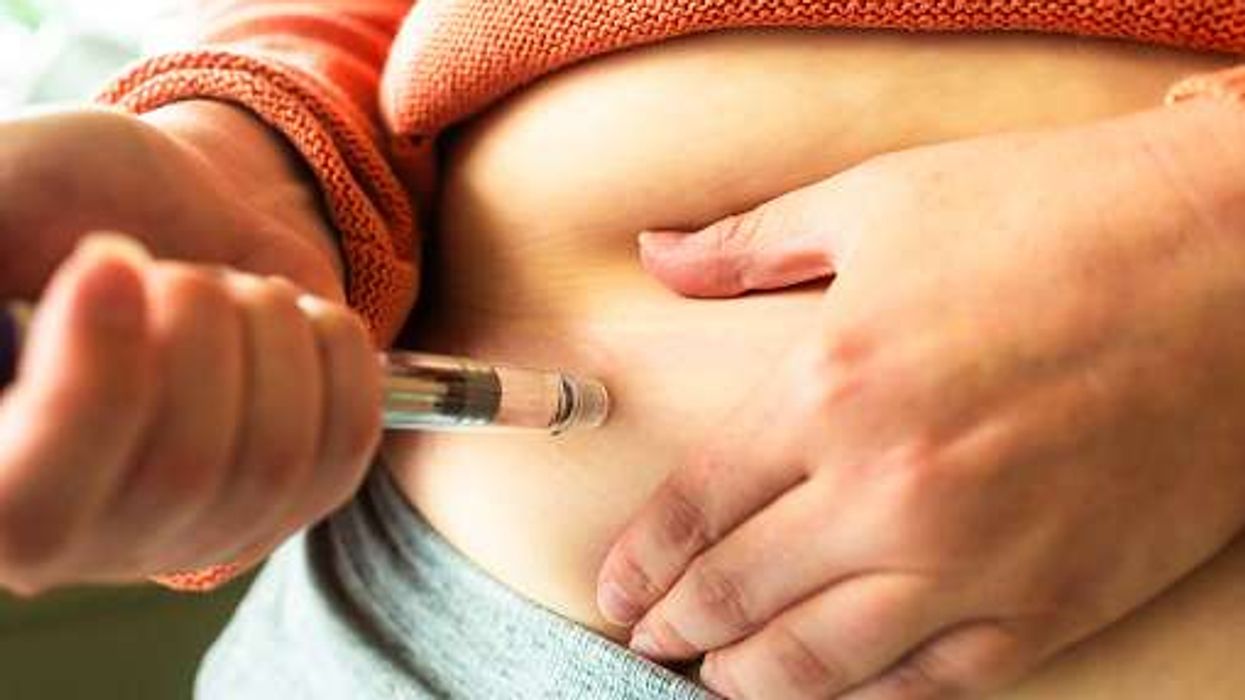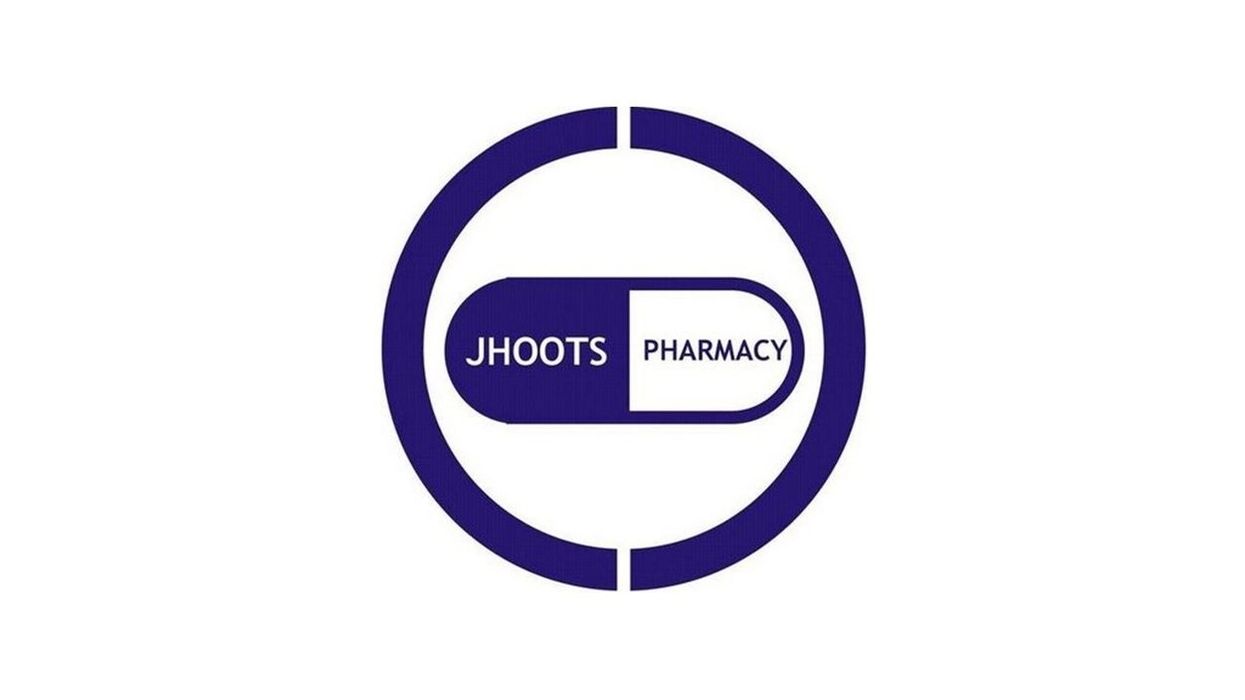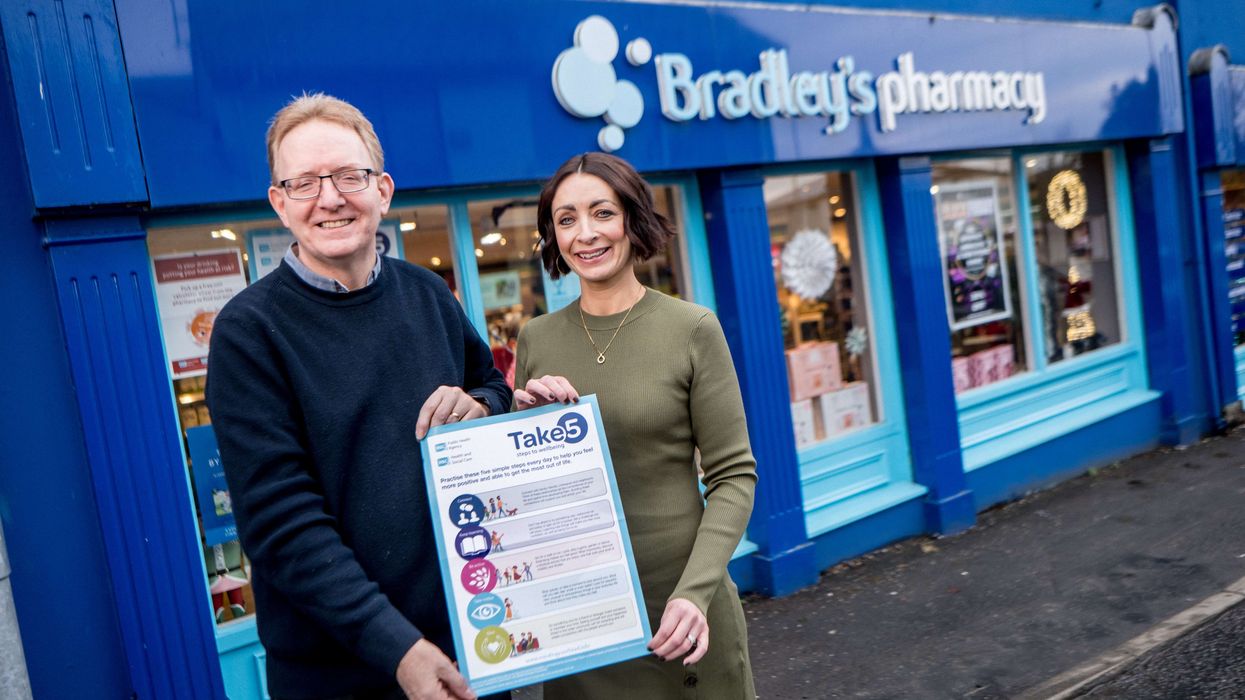The PSNC on Friday said it has warned the DHSC about the “very serious impact” of the limited supply of certain antibiotics on pharmacies who are “having to chase stock, purchase without sight of any concession prices, and cope with increasing patient questions and abuse.”
With higher than usual number of cases of scarlet fever, caused by invasive Group A Streptococci (iGAS) infections, being reported in children across the country, supplies of antibiotics for Group A Strep treatment have seen a surge in demand, leading to limited supply at certain wholesalers and pharmacies.
PSNC has urged the DHSC to adopt measures that could help to manage the current crisis, such as allowing pharmacists more freedom to change strengths or formulations without prescriber approval, outside of Serious Shortage Protocols.
It has also raised concerns on the significant rise in wholesale prices of many oral antibiotics as a result of the surge in demand and the ongoing supply disruptions. PSNC also said they have received reports of some suppliers putting up their prices for any oral antibiotics they do have in stock.
“The accounts we are getting from contractors about medicines price rises are just not acceptable and this goes far beyond the antibiotic crisis. We expect to see a record number of concessions granted this month which is yet more proof that this system is simply not coping with the current medicines market,” Janet Morrison, PSNC chief executive, said.
Due to pricing issues affecting several medicines including antibiotics, PSNC said it has applied for a record number of price concessions this month.
“We are very concerned that many contractors who are desperately trying to get hold of limited stock of antibiotics for their patients are paying inflated prices for these medicines without any certainty of their final reimbursement prices,” the organisation said in an update.
“We have reiterated that the pricing situation is very serious and needs resolving urgently, and asked the department to fast-track concessions for affected antibiotics this month.”
Dervis Gurol, who runs the Healthy-U Pharmacy in Saltdean, near Brighton, alleged of “extortion” after he was charged £11 for a penicillin mixture for which he expects to get just over £2 from the NHS.
“We don’t have any alternative, my loss this week just on antibiotics is over £3,000. The wholesalers don’t justify anything and I do think some are taking advantage of the situation. Some wholesalers were charging £11.78 for a bottle and we get reimbursed at £2.08,” he told The Times.
“Most of us are in a situation where we’re using our own money to operate and trying to absorb these costs that should be absorbed by the NHS. The Department of Health is refusing to do anything about the wholesalers.”
The paper reported that some wholesalers have increased the price of antibiotics such as amoxicillin and penicillin by up to five times.
Arun Jangra, who runs the Merlin Pharmacy in Kent, told that paper that it was taking him hours every day to source medications. He said he was quoted prices of more than £7 for a packet of antibiotics.
“A lot of companies are taking advantage,” he said, adding: “At times like this the government does not help and actually make things worse by telling people there’s no shortage.”
He said he was forced to call police last week after a patient demanded two bottles of antibiotics that Jangra could not supply. The man told him: “I know there are loads of antibiotics because the government has said so on the radio.”
PSNC said it has told the DHSC that more communications are needed to reassure patients and to protect pharmacy staff from the abuse that they are reporting.
“[The] government and the NHS have squeezed pharmacies dry financially, and now they want us to pay their NHS drugs bill as well: it just cannot carry on. The department, NHS and [the] government need to hear and understand that we are on our knees and cannot continue to pay for the mess that a combination of Brexit, COVID, inflationary pressures, war in Ukraine and other factors has caused,” Morrison added.
“I will be taking all of this to my meeting with the Minister [this] week, and in the meantime we’re continuing to press for a fairer and more timely system to protect pharmacies from these devastating price rises.”











